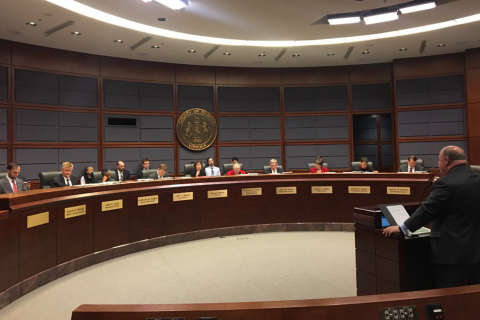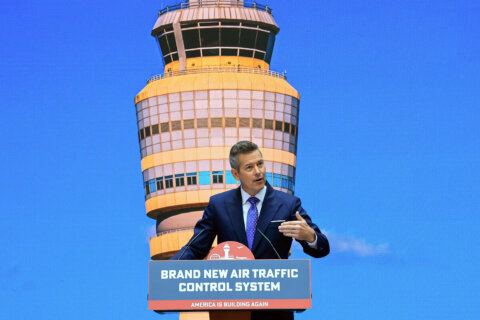WASHINGTON — The number of sick days and unpaid absences used by Metro employees has jumped 6 percent, and Friday the transit agency issued new restrictions and protocols governing sick days.
Metro General Manager Paul Wiedefeld said the changes are part of cost-cutting measures as the transit agency faces a budget shortfall.
Metro staff were out for sick or unpaid absences by almost 10,000 more days last fiscal year. Overtime or other employees are typically used to cover for workers who call out.
Some of the changes address overtime. And the transit agency plans to conduct a “thorough review of time and payroll verifications of the 100 ‘highest earners’ of overtime throughout the agency on a monthly basis,” according to a message to workers outlining the changes.
The internal memo sent Friday morning said more than 100 Metro workers were on extended leave longer than Metro is required to grant by law or contracts. Twenty-five people were being notified that they are no longer “active” employees.
The majority of Metro workers are already governed by a negotiated attendance reporting policy that covers Metro’s largest union, Amalgamated Transit Union Local 689, as well as Teamsters Local 922. Members of Amalgamated Transit Union earn 12 days of sick leave per year, and can carry over unused days. The total number of sick days does not appear to be beyond authorized levels.
Repeated violations of attendance policies can lead to a worker being fired.
Metro is not allowed to unilaterally make changes to those policies, but Wiedefeld can make changes to policies for supervisors and management staff.
Beginning March 1, Wiedefeld said supervisors would no longer be able to approve more than two days of unexcused absences without pay, and supervisors and managers “may be terminated immediately for abuse of policy.”
Metro’s Office of Medical Services also will take a greater role in reviewing sick leave and doctors’ notes. And Metro is also planning an audit of its workers’ compensation program.
The number of days Metro said workers were out for sick leave or unpaid absences averaged about 15 per worker including both union and nonunion staff.
Overall, Wiedefeld said in a statement that the changes are expected to save about $2 million over the 12-month fiscal year that begins in July.







